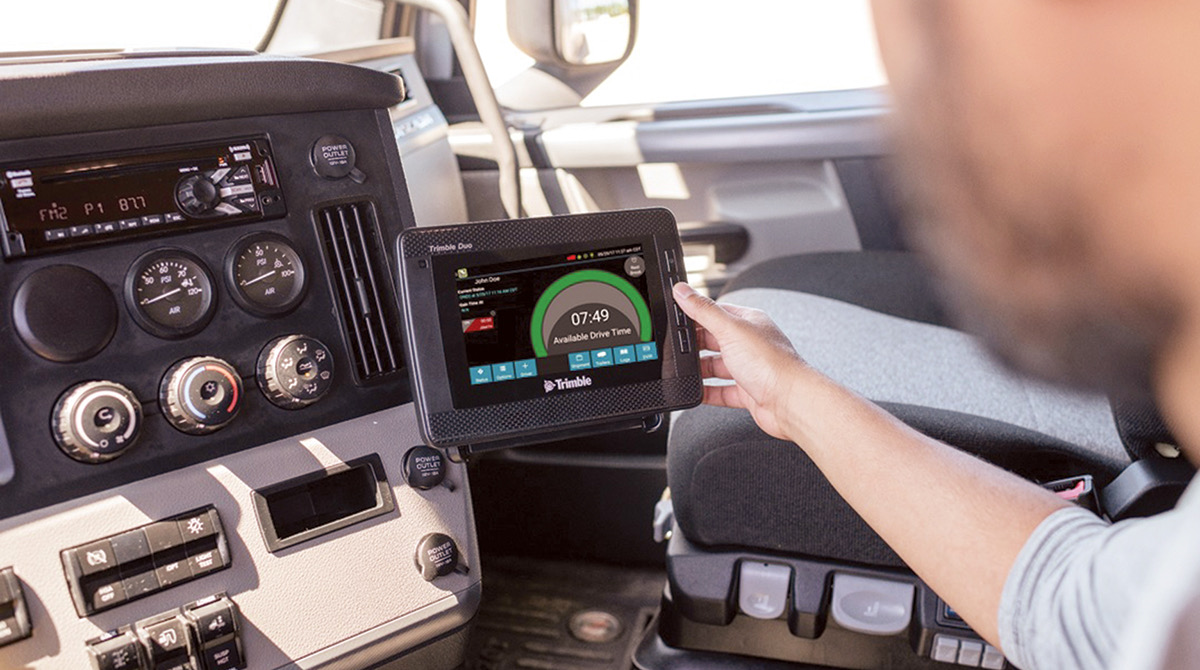
Consolidation has dramatically reshaped trucking’s technology markettechnology market over the past decade, with dozens of software and telematics companies joining forces to create larger organizations with expanded capabilities and broader reach.
This realignment has been driven in large part by advances in technology, regulatory changes and venture capital, all of which have fueled an influx of startup firms in the transportation technology sector.
Established vendors, eager to keep pace with emerging technologies and gain a competitive advantage, have been purchasing some of these newer entrants to the industry with the goal of expanding and enhancing their products and services.
In some cases, large companies have set out to make the industry more efficient by piecing together multiple elements of fleet management technology, including vehicle telematics, back-office software, routing and navigation, workflow applications and onboard video.
When these suppliers decide to add a new capability, they have two main options — to develop it internally from scratch, or acquire it by purchasing another company. Given the rapid pace of technology development, the expedient choice often is to buy rather than to build.
“It’s sometimes easier to acquire technology that’s already winning in the marketplace and complements what you’re doing and adds to your bevy of tools,” said James Langley, senior vice president at Trimble Transportation.
Trimble is a prime example of the consolidation trend. The global provider of tracking and navigation technology became a major player in the North American trucking market with its acquisition of PeopleNet in 2011. From there, Trimble went on to purchase several other transportation technology firms such as TMW Systems, ALK Technologies, 10-4 Systems and, most recently, Kuebix in early 2020.
Through those acquisitions, Trimble’s technology offerings now include real-time sensor data from the vehicle, fleet management software in the back office and geospatial information for routing, mapping and navigation.
Connecting those pieces can help the transportation industry address pain points such as driver detention time and meet shippers’ rising expectations for on-time, in-full delivery, Langley said.
“If you’re trying to work towards a more connected supply chain to make it more efficient, you’re connecting the driver to the back office to the shipper,” Langley said. “And fundamentally, that’s the way we view you can solve these workflow challenges and make the industry more efficient as a whole.”
Read full articles at TTNews
